Posted on:
3rd August, 2024
New Business Voice for Local Growth Goes Live
A new organisation to champion the collective local business voice and meet the priorities of the increasing number of business boards in councils and Mayoral Combined Authorities goes live today.
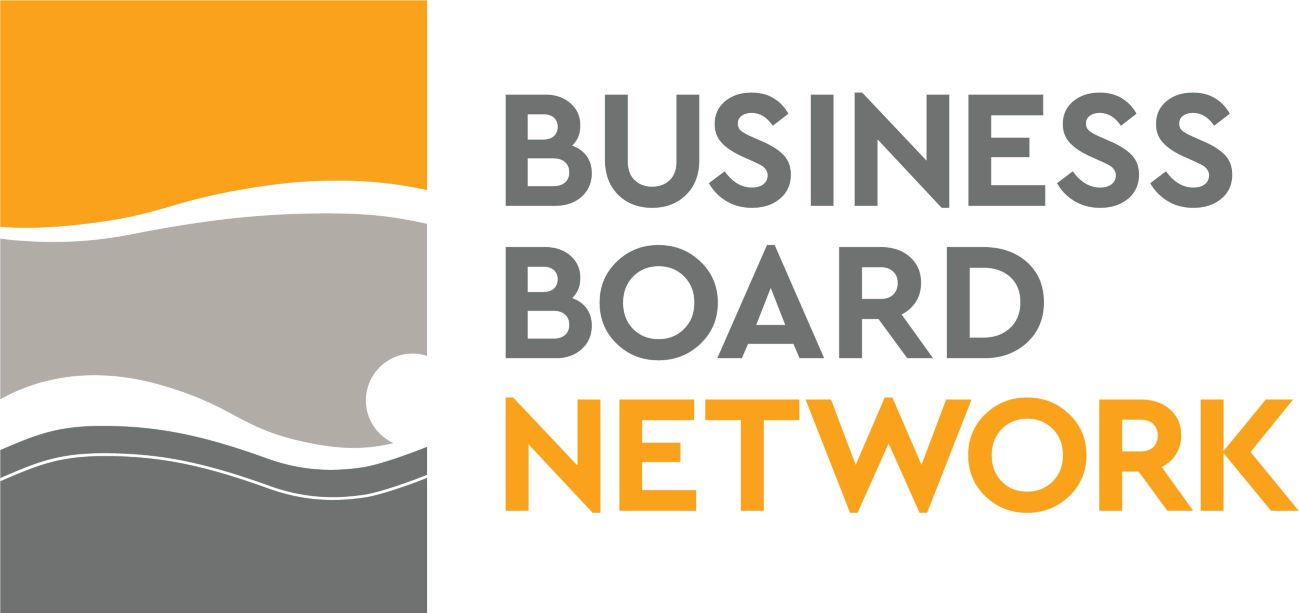
The Business Board Network will independently support business and economic growth boards with their plans to drive local growth and build local economies, and to ensure that the voice of local business is heard and acted on, forging a collective single minded approach to achieve that aim.
Mark Bretton MBE, Chair, Business Board Network, said:
“Our mission is simple - connecting local growth and building local economies. The new Business Board Network goes live just as we start working with the new government on their core priorities.
“The bread-and-butter work of business boards, and of the Business Board Network in supporting them, is to help deliver Local Growth Plans, applying a modern industrial strategy and infrastructure strategy to the benefit of local regions, and achieving local net zero ambitions. We’ll also be supporting the valuable Growth Hub network as the “go to service” for local small businesses, and working with other Business Representative Organisations and the British Business Bank, especially in overcoming the biggest barrier for growth to SMEs – access to finance.”
Following the transition of LEP functions to MCAs and councils, a letter from government to local council chairs in April 2024 laid the foundations:
“The government supports the principle of maintaining a network that continues to represent the local business voice to help strengthen the aims of devolution and economic growth – and to that end hope you will support the evolving Business Board Network.”
Government guidance to local authorities delivering business representation and local economic functions set out the value and role that business boards will play in local growth and devolution:
- Acting as strong independent business voice embedded in decision-making - an eligibility requirement for some HMG programmes.
- Strengthening local economic strategies and interventions.
- Being a strong vehicle for leveraging match funding for public sector programmes and developing effective partnership to support growth.
- Providing challenge and insight on business impact of public sector initiatives.
- Adding delivery expertise, pace and market credibility.
- Shaping business, trade and investment support around local business needs.
David Meyerowitz, Chair, Business & Enterprise Board, Liverpool City Region Combined Authority said:
“Our role is to ensure that the voice of local regional business leaders continues to be heard by our political leaders. Regional business leaders must collaborate across boundaries to create opportunities and overcome the challenges that face our local economies – it’s often businesses collaborating that gets that done."
“I am proud to lead that role in Liverpool City Region with the support of the Mayor and Chief Executive's teams at the Combined Authority. Our three main innovation driven economic clusters in the region are key; Health & Life Sciences, Creative & Digital, and Advanced Manufacturing, but addressing the business opportunities the housing challenge brings, developing the Maritime economic sectors and supporting the success of scale up businesses and increasing productivity all play their part. Having a body like the Business Board Network to champion our causes will help to amplify the resolve of our Business & Enterprise Board and our regional business leaders.”
The Business Board Network will support local business boards and all LEP successor organisations in these aims to help achieve the government’s economic, business and devolution priorities - particularly in the areas of regional growth plans, industrial strategy, infrastructure strategy, net zero, and skills planning. Using local economic strategies, driving local foreign direct investment, ensuring local business exploits the trade strategy, and working with universities to support spin outs, and boosting exports for local small businesses.
Councillor Tim Oliver OBE, Chairman of the County Councils Network, said:
“Our County Councils Network (CCN) report last year made clear that shifting functions from LEPs to CCN members will add another string to our economic growth bow, and help drive the growth this country needs. But we also said there was clear need for the continuation of a network to oversee economic priorities for CCN members.
“A centralised body in the Business Board Network can go a long way to helping oversee regional development, and ensure that we do not lose the strategic economic oversight that will be so critical to future local growth and productivity.”
The Business Board Network is funded by government and its membership and has been working with stakeholders across the country, including the County Council Network and local councils, to build on their success. Essentially its role will primarily include:
- Strengthening the role of business boards, underpinning successful integration of economic functions and where a local decision has been taken to retain an arm’s length relationship with LEP successor organisations.
- Engaging with ministers, Whitehall officials and Parliament on common themes and concerns.
- Convening pan-regional and regional business leadership - bringing Chairs/Chief Execs/Skills Leads/Growth Hubs together to share information and collaborate on cross border issues.
- Identifying business developments and opportunities across rapidly developing sectors.
- Continuing to co-ordinate and support national Growth Hub activity that supports local business, especially with access to small business finance.
- Monitoring parliamentary activity relevant to local business landscape.
- Working with main policy think tanks (Localis/IPPR/Centre for Cities etc) and Business Representative Organisations (CBI/FSB/IoD/MakeUK etc).
- Utilising stats and data sources built up over the past decade - unique local evidence bases on place specific issues. Commission new evidence reports as appropriate.
Chief Executive of local government think tank Localis, Jonathan Werran, said:
“For the sake of strong and collaborative partnerships with the private sector that can vouchsafe the effective delivery of the government’s mission for growth at the level of place, we must have a strong and independent voice of business.
“In this context, the Business Board Network will prove a crucial partner around the table for directing good growth in our evolving regional political economy.”
Lou Cordwell OBE, Chair of the Greater Manchester Business Board, said:
"Greater Manchester Business Board is an exemplar of public-private partnership, placing a strong business voice at the heart of Greater Manchester and ensuring we can be as ambitious as possible in driving sustainable economic growth across the city region.
"Our Greater Manchester Strategy, co-designed with business, the community and voluntary organisations, sets out how we will achieve this and deliver our vision of a greener, fairer and more prosperous city region. Having the support and cross regional expertise that the Business Board Network gives us will be a valuable contribution to achieving our ambitions."
ENDS
Notes to Eds
The government confirmed their decision to cease funding LEPs from April 2024, transferring their functions to Upper Tier authorities and funding them directly from 2024/25 onwards through the establishment of Business Boards to maintain the influence of an independent local business voice.
The Business Board Network is a not-for-profit organisation.
The Business Board Network team members are as follows:
- Chair: Mark Bretton - chair@businessboardnetwork.co.uk
- Chief Executive: Mark Livesey - mark@businesboardnetwork.co.uk
- Policy Manager: Natasha Waller - natasha@businessboardnetwork.co.uk
- Comms Manager: Mike Dennehy - mike@businessboardnetwork.co.uk
- Exec Manager: Jayne Atkinson - jayne@businessboardnetwork.co.uk
Membership of the Business Board Network:
- Berkshire
- Buckinghamshire
- Cambridge & Peterborough Combined Authority
- Dorset
- Enterprise Cheshire and Warrington.
- Enterprising Cumbria
- East Midlands Combined County Authority
- Gloucestershire County Council
- Greater Manchester Combined Authority
- Hertfordshire Futures
- Herefordshire
- Hull and East Yorkshire Combined Authority
- Lancashire County Council
- Leicester and Leicestershire
- Lincolnshire County Council
- Liverpool City Region Combined Authority
- Norfolk County Council
- North East Combined Authority
- Oxfordshire County Council
- Solent Partners
- Staffordshire County Council
- Suffolk County Council
- Swindon and Wiltshire
- Tees Valley Combined Authority.
- West of England Combined Authority.
- West Yorkshire Combined Authority
- Worcestershire
- York and North Yorkshire Combined Authority.





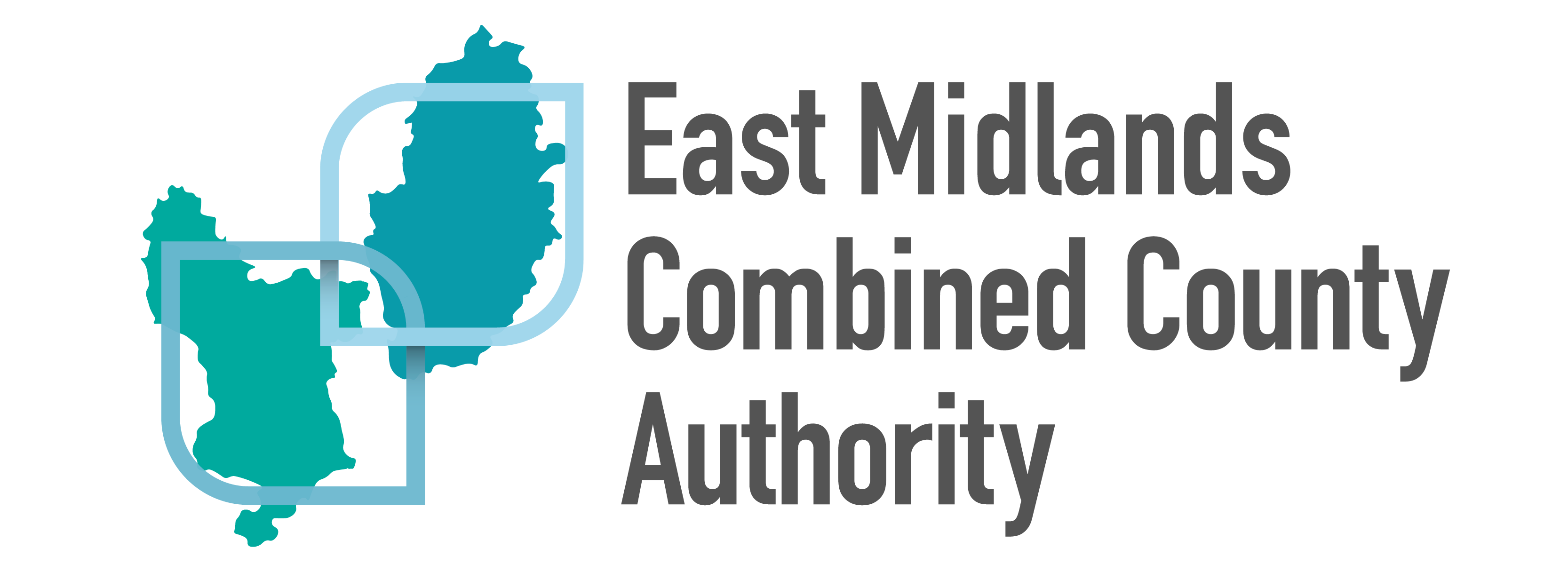







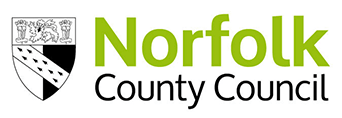


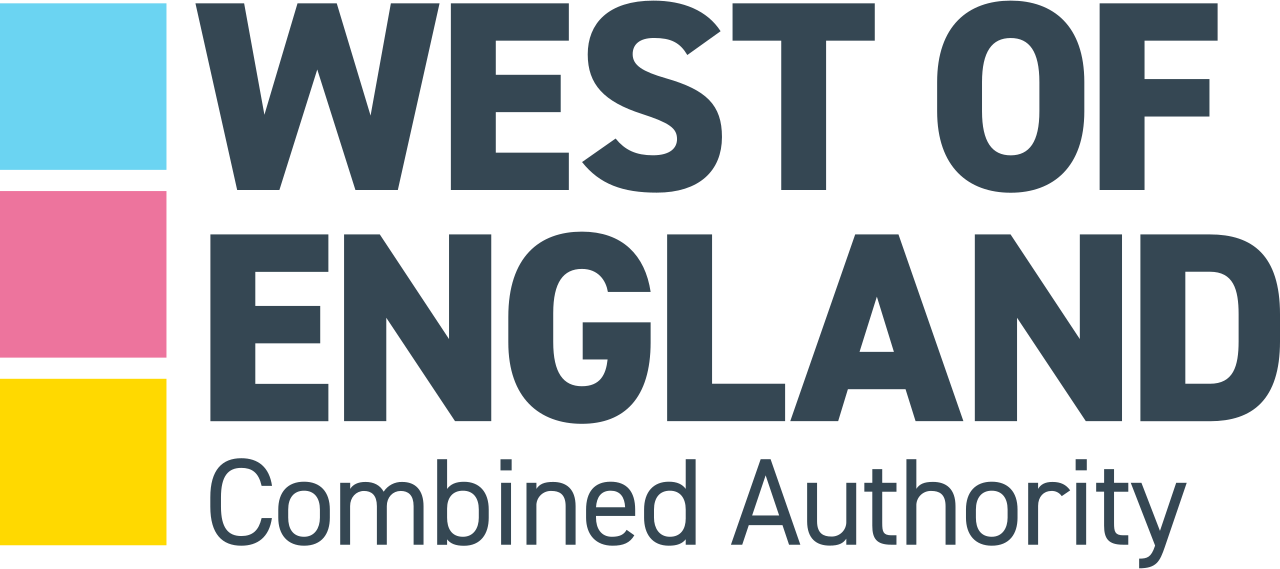


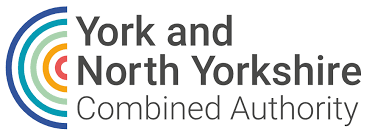

 Back
Back
 View cookie policy
View cookie policy